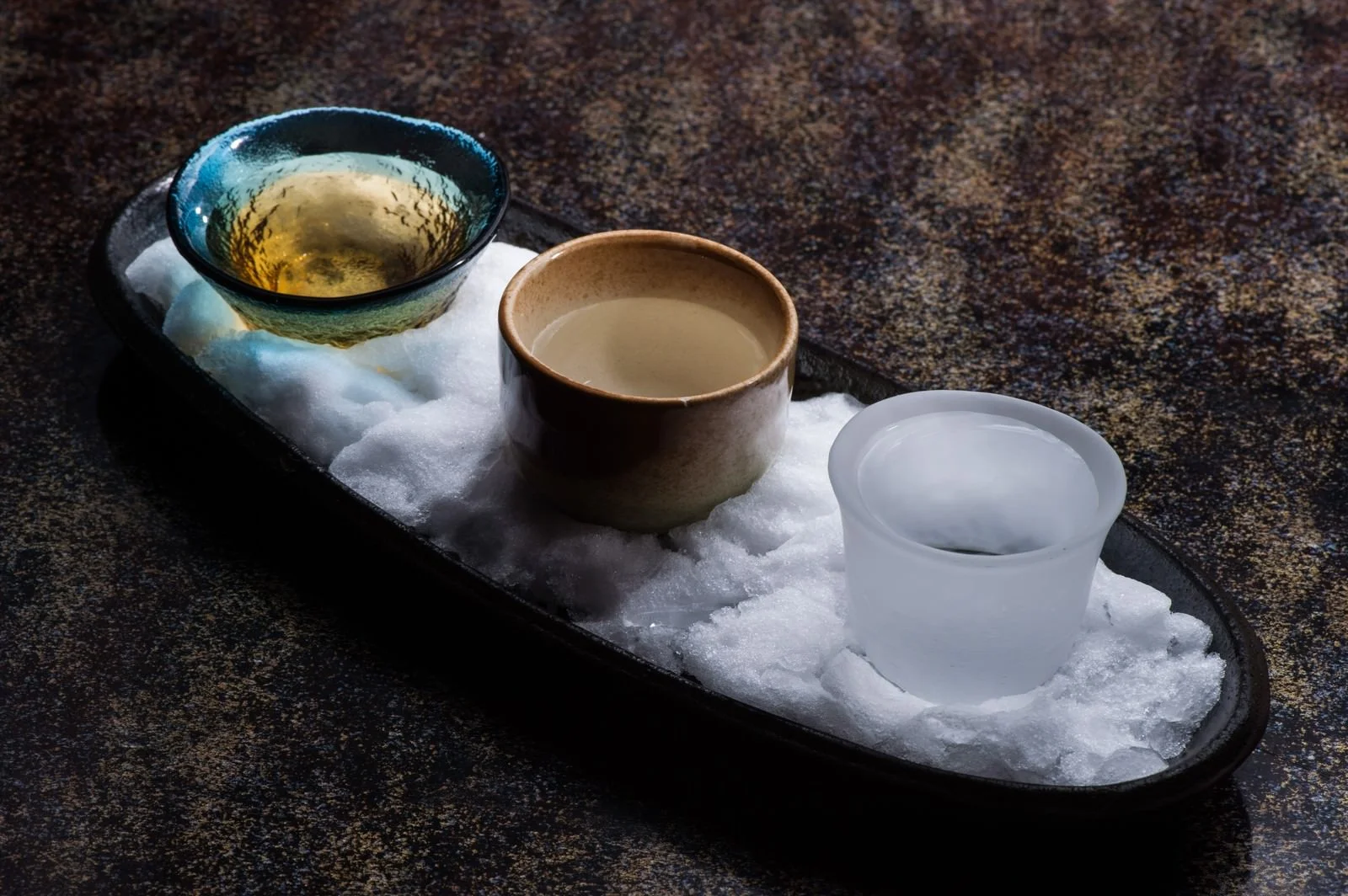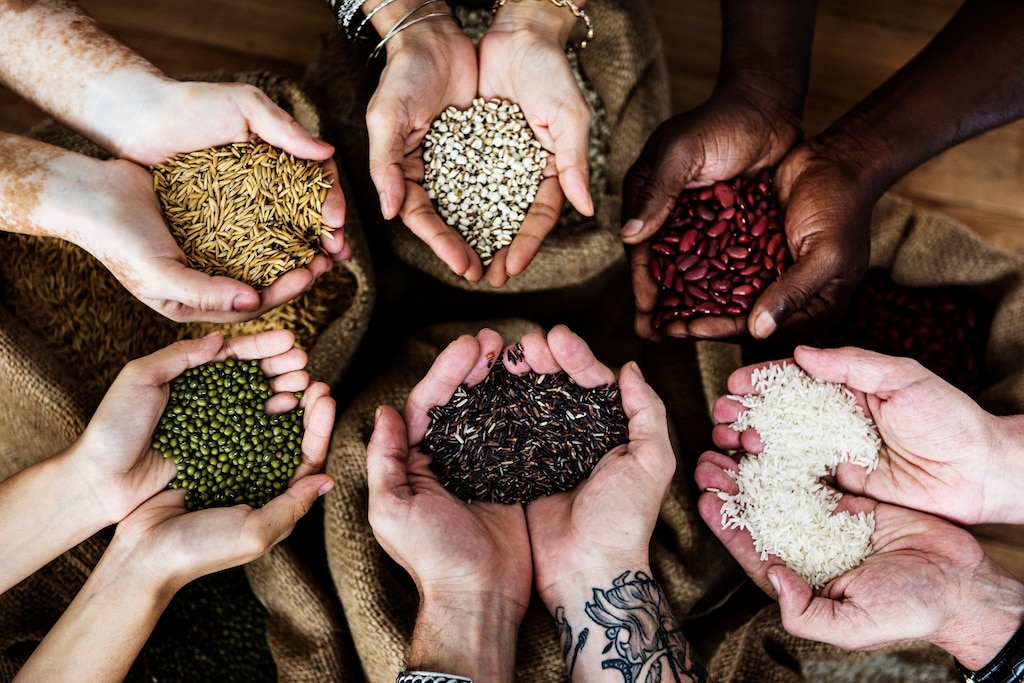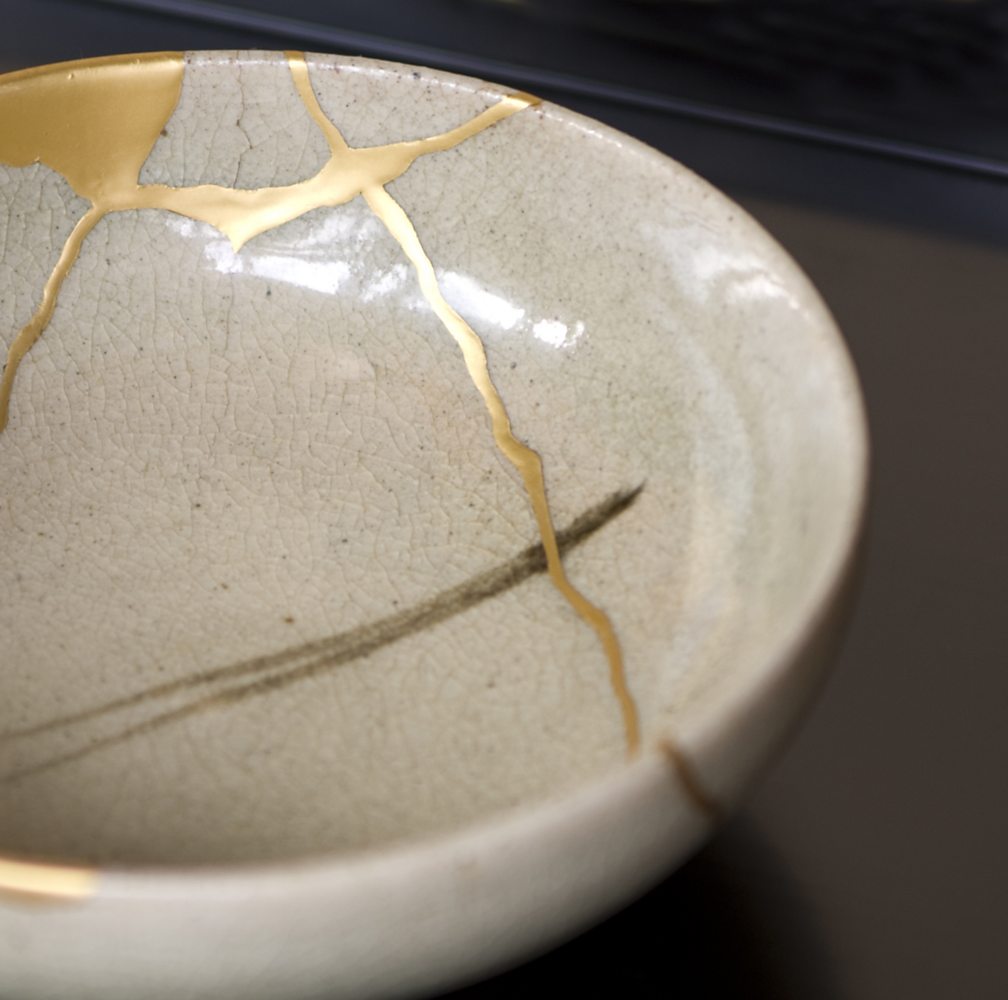
In recent years, demand for organic foods in Japan and abroad has skyrocketed, especially in the European market, where high quality standards and environmental awareness are required. in October 2022, Japan’s JAS Law (Japanese Agricultural Standards Law) was revised, making organic JAS certification applicable to alcoholic beverages, which were previously exempt from the law. As a result of this revision, sake and shochu are now recognized as “organic” and a market for organic sake was born.
Organic JAS certification is trusted by consumers as a proof of quality assurance, as it can only be obtained after meeting strict standards for the production process. Specifically, detailed standards are set for the organic cultivation of rice as a raw material, restrictions on the use of additives, and even the manufacturing, storage, and packaging processes. With this certification, consumers in Japan and abroad can be assured of the quality and safety of Japanese organic alcoholic beverages, allowing them to make more trustworthy, environmentally protective, and health-conscious choices.
Organic JAS certification has also gained international credibility as Japanese agricultural and processed products are recognized for equivalence in major markets such as the U.S., Canada, and the EU. This allows products certified as JAS organic in Japan to be exported as “organic” without requiring additional local certification. Currently, alcoholic beverages are exempt from equivalency, but the Ministry of Agriculture, Forestry and Fisheries (MAFF) is in discussions with foreign countries to achieve this in the future. With the expansion of this system, organic alcoholic beverages certified as JAS organic in Japan will also be easier to develop in the European market, which is expected to further expand exports.
With an active organic market in Europe and a strong demand for certified organic products, Japanese organic JAS-certified alcoholic beverages can be an attractive option for consumers. Organic alcoholic beverages that combine Japanese traditions with environmental considerations are likely to attract more and more attention in the future.

Thus, we hope that by bringing Japanese organic products into line with international standards through JAS certification, more people will be able to easily obtain organic sake and discover its profound appeal.





